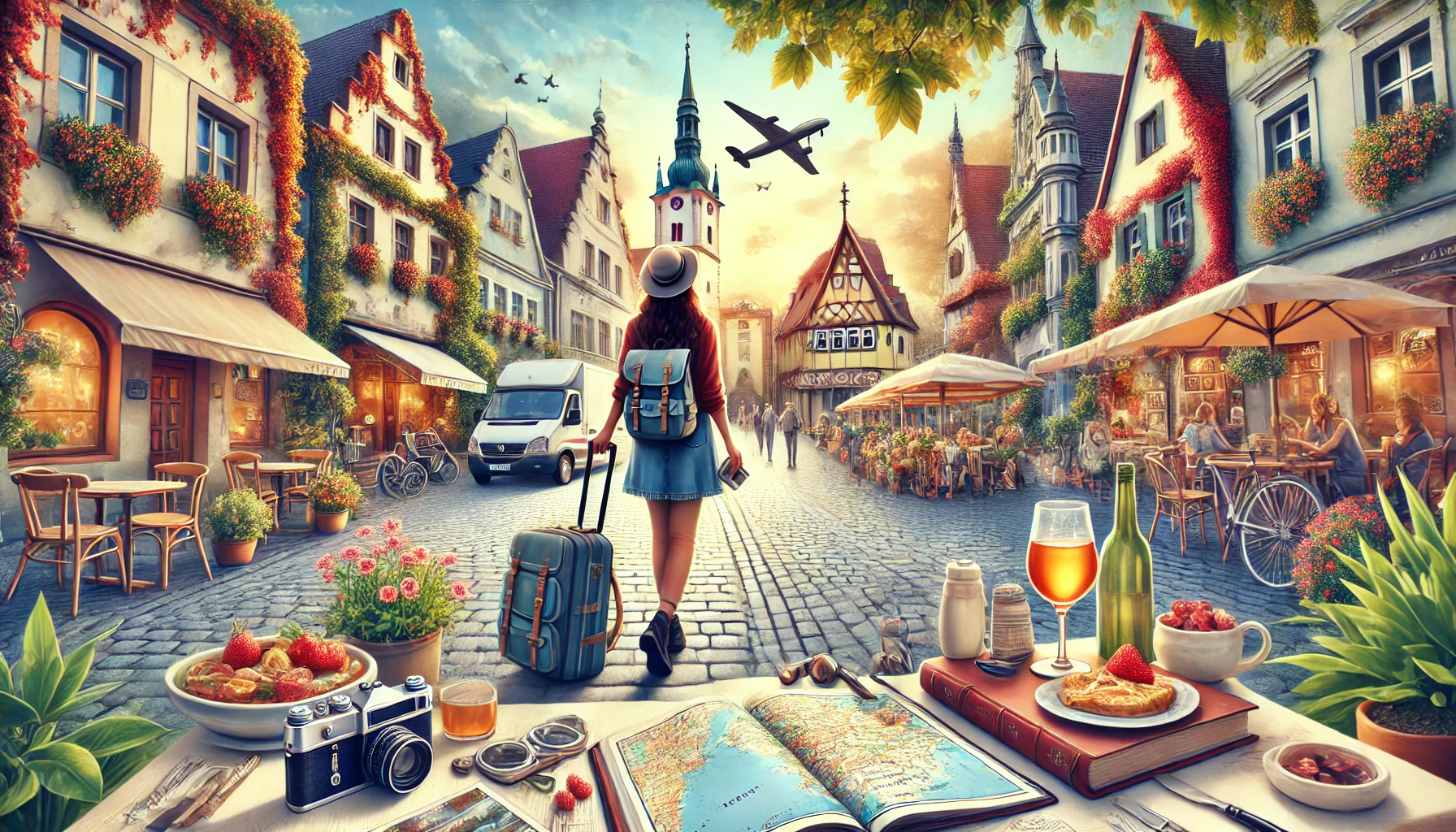Traveling solo in Europe is a rewarding and enriching experience. It allows you to explore new places at your own pace, meet people from different cultures, and gain a deeper understanding of the world. However, solo travel can also present its own set of challenges. Here are five essential tips to help you make the most of your solo adventure in Europe.
1. Plan Ahead, but Stay Flexible
While it’s important to have an itinerary, one of the best parts of solo travel is the freedom to change plans on a whim. Take time to research your destination and have a general idea of the top sights, but leave room for spontaneity.
- Flexible Itinerary: Research must-see attractions, local events, and unique experiences, but allow yourself the flexibility to explore things that spark your interest along the way.
- Backup Plans: Have a few backup plans in case of weather changes or unexpected closures. For example, if a museum is closed, know of another nearby spot to check out.
2. Stay in Social Accommodations
One of the biggest challenges of solo travel is the potential for loneliness. To counter this, stay in social accommodations like hostels, guesthouses, or homestays where you can meet other travelers.
- Hostels: Many hostels offer communal kitchens, lounges, and organized tours or social events, making it easier to connect with fellow travelers.
- Airbnb or Couchsurfing: If you prefer a more personalized experience, look for local hosts through platforms like Airbnb or Couchsurfing, where you can interact with locals and experience the destination from their perspective.
3. Embrace the Local Culture
One of the joys of solo travel is the opportunity to immerse yourself fully in the local culture. Without the influence of other people’s preferences, you can engage in activities that truly interest you and explore places off the beaten path.
- Learn Basic Phrases: Learning a few key phrases in the local language can help you connect with people and show respect for the culture.
- Try Local Cuisine: Don’t be afraid to dine solo in local restaurants or markets. Europe is known for its incredible food scene, so take advantage of the opportunity to try authentic dishes.
- Join Local Tours: Many cities offer walking tours, food tours, and other local experiences. These are great ways to meet people and get to know the city from a local’s perspective.
4. Keep Your Safety in Mind
While Europe is generally a safe destination for solo travelers, it’s essential to stay vigilant and be aware of your surroundings, especially in busy tourist areas or unfamiliar neighborhoods.
- Stay Aware of Your Belongings: Pickpocketing can be an issue in popular tourist spots, so keep your valuables secure and avoid displaying expensive items like jewelry or electronics.
- Know Emergency Contacts: Familiarize yourself with local emergency numbers and have a backup plan in case you need help. Always share your itinerary with a trusted friend or family member.
- Stay in Well-Lit Areas: When exploring at night, stay in well-lit, populated areas and avoid wandering down empty streets alone.
5. Trust Your Instincts
One of the most important aspects of solo travel is learning to trust your instincts. If something doesn’t feel right, remove yourself from the situation. Your intuition is a valuable tool when traveling alone, and it can help you avoid potentially dangerous situations.
- Listen to Your Gut: If you feel uncomfortable in a certain place or with certain people, don’t hesitate to leave and find a safer environment.
- Ask Locals for Advice: If you’re uncertain about where to go or what to do, ask locals for recommendations. They can often provide valuable insights into safe areas and hidden gems.
Conclusion: Enjoy the Freedom of Solo Travel
Solo travel in Europe can be one of the most rewarding experiences of your life. By planning ahead, staying flexible, embracing the local culture, and prioritizing safety, you can enjoy an unforgettable journey filled with new adventures and meaningful connections.
